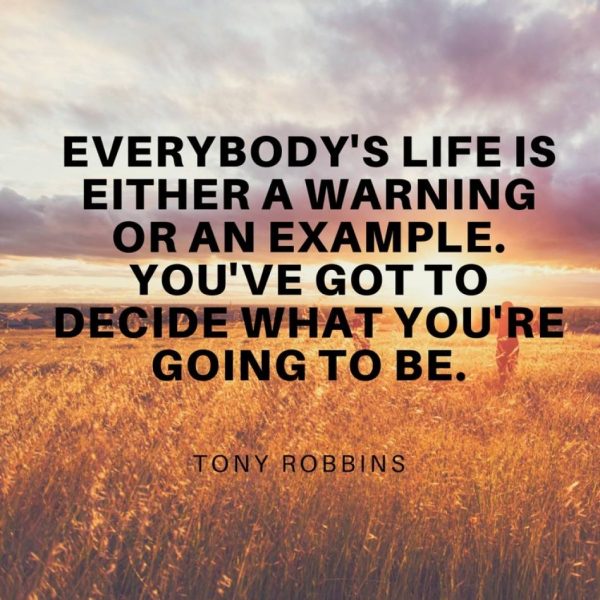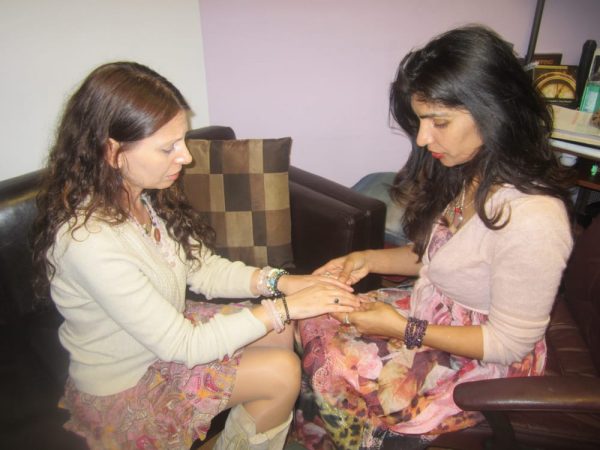
Do you love love? Do you love being love and loved?
Today you’ll form a new relationship with LOVE and YOURSELF!
READ this page slowly!
Receive the Energy imbedded into this post!
Rumi Quotes
The minute I heard my first love story, I started looking for you, not knowing how blind that was. Lovers don’t finally meet somewhere. They’re in each other all along.
Your body already knows how to eliminate the fears that control your life, replace anger and confusion with peace and confidence, and become a more loving, understanding, and happy spouse, dating partner, parent, family member, co-worker, boss, and friend.
——————————————————-
When you precisely understand the nature of you and your absolute self, you become both…. “emptiness” and “presence.”
You understand how emptiness appears in manifestation.
Your emptiness is simply the insubstantiality, the nonbeing, of manifest forms.
In areas you are empty you are “nonbeing”. It is what makes the absolute you so light, so empty, so spacious, and open.
I want you to have this in your love ability! In every one of your relationships, this is possible!
…………………………………………………………

Consider the story of Gautam Buddha! Like me, is your question about the Buddha’s wife and son that he left behind? Vikram Bhattacharya touched my heart with that part of the story —————He left her in the middle of the night, the night their son was born. When she heard the news she was devastated. Yet, she did not complain but her life lost all meaning. The only reason for her to live now was her son. She wanted him to grow up to be a man that the world would look up to. Her friends and relatives came around and asked her to forget about the man who had left her and start life again. They asked her to marry again but she refused. She was young & beautiful & suitors queued up outside her door, but she refused each one of them. Then one fine day he came back! He stood in front of her and she could hardly remember him as the man who had left her. “They call you the Buddha now?” she asked him gently.“I hear they do,” he answered in a calm fashion.“What does it mean?” she further inquired.“I think it means the enlightened one, a knower,” he informed. She smiled and then silence. “I suppose we have both learned something. Your lessons O Buddha will make the world richer in spirit, but my lesson will, unfortunately, remain largely unknown.” she reflected deeply….“ And what lesson is that? ” The Buddha probed. Her eyes sparkled with unshed tears, “That a courageous woman does not need anyone to complete her….. SHE IS COMPLETE ON HER OWN ” Saluting womanhood for the Yashodhara spirit. !!! ———————————————————————- |


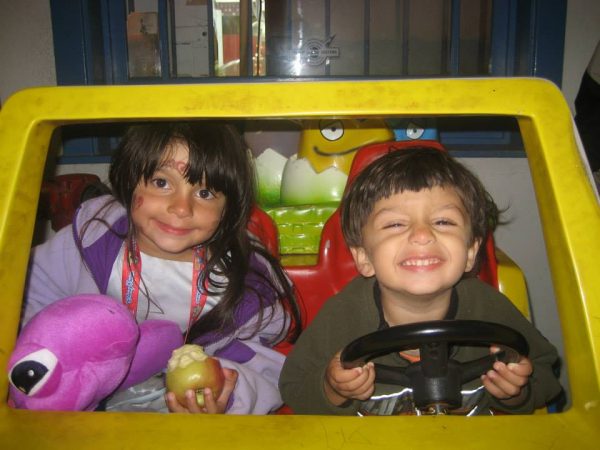

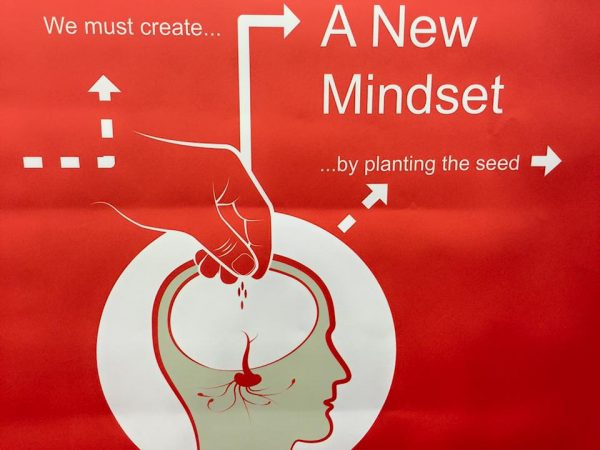
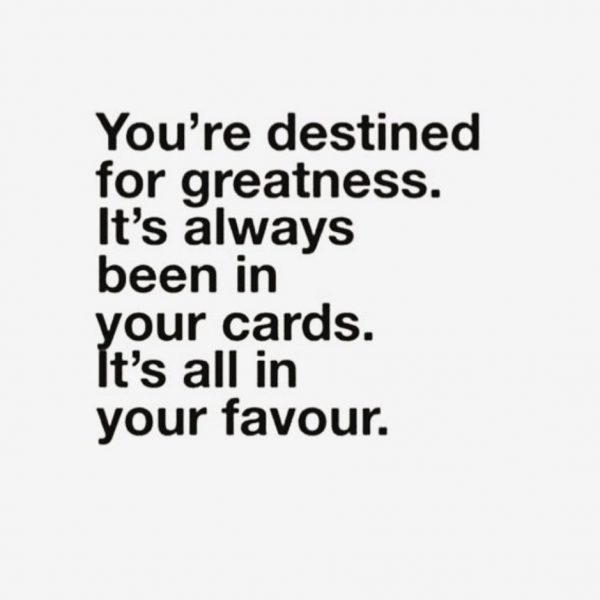
Maya Angelou Love Quotes
Have enough courage to trust love one more time and always one more time.
I know for sure that love saves me and that it is here to save us all.
Love is like a virus. …
If you have only one smile in you give it to the people you love.
Try to be a rainbow in someone’s cloud.
Weekly LOVE COACHING will help you learn how to eliminate the fears that control your life, replace anger and confusion with peace and confidence, and become a more loving, understanding, and happy spouse, dating partner, parent, family member, co-worker, boss, and friend.
Mystery School Training |Alchemy
***Where: Online Zoom meeting or your computer or phone. (Put this Link on your Calendar NOW
or Yes ~sign up for the newsletter to get reminders!)
Miracle Makers Academy member say:
“I wish I would have learned this sooner or when I was younger!”
Don’t lose another moment in suffering or being out of your dharma!
Dharma means the eternal and inherent nature of reality, regarded in Hinduism as a cosmic law underlying right behavior and social order.
(In Buddhism) the nature of reality regarded as a universal truth taught by the Buddha; the teaching of Buddhism. an aspect of truth or reality. “all dharmas are forms of emptiness”

So let’s just move on to some of my favorite tips from Mahatma Gandhi.
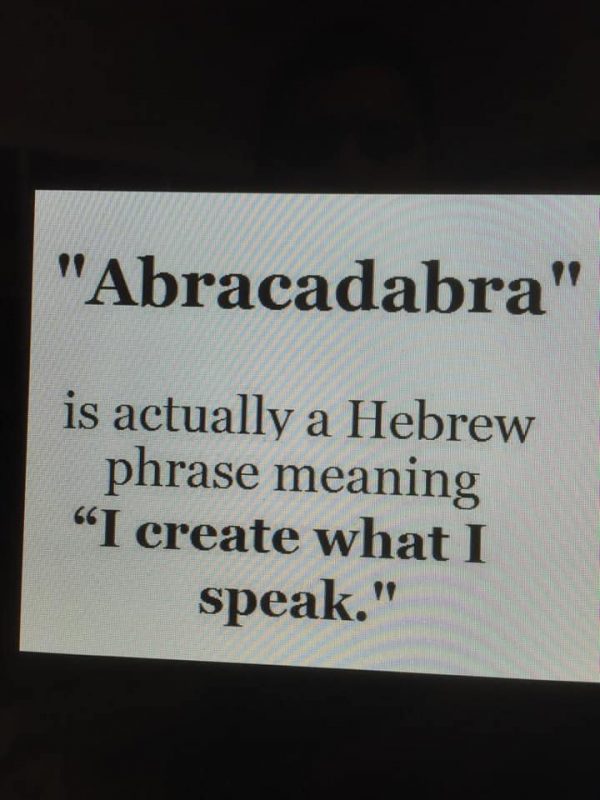
1. Change yourself.
“You must be the change you want to see in the world.”
“As human beings, our greatness lies not so much in being able to remake the world – that is the myth of the atomic age – as in being able to remake ourselves.”
If you change yourself you will change your world.
If you change how you think then you will change how you feel and what actions you take. And so the world around you will change.
Not only because you are now viewing your environment through new lenses of thoughts and emotions but also because the change within can allow you to take action in ways you wouldn’t have – or maybe even have thought about – while stuck in your old thought patterns.
And the problem with changing your outer world without changing yourself is that you will still be you when you reach that change you have strived for.
You will still have your flaws, anger, laziness, negativity, self-sabotaging tendencies etc. intact.
And so in this new situation, you will still not find what you hoped for since your mind is still seeping with that negative stuff.
And if you get more without having some insight into and distance from your ego it may grow more powerful. Since your ego loves to divide things, to find enemies, and to create separation it may start to try to create even more problems and conflicts in your life and world.
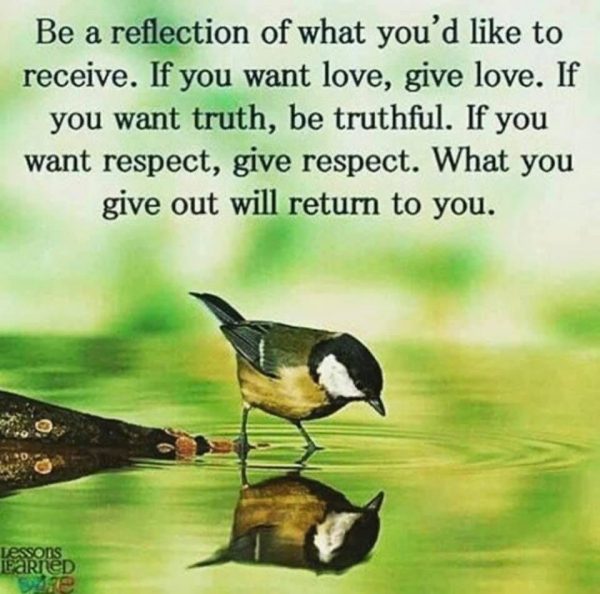
2. You are in control.
“Nobody can hurt me without my permission.”
What you feel and how you react to something is always up to you. There may be a “normal” or a common way to react to different things. But that’s mostly just all it is.
You can choose your own thoughts, reactions, and emotions to pretty much everything.
You don’t have to overthink, freak out, the worry or even react in a negative way.
Perhaps not every time or instantly.
Sometimes a knee-jerk reaction just goes off. Or an old thought habit kicks in.
And as you realize that no-one outside of yourself can actually control how you feel you can start to incorporate this thinking into your daily life and develop it as a thought habit.
A habit that you can grow stronger and stronger over time. Doing this makes life a whole lot easier and more pleasurable.
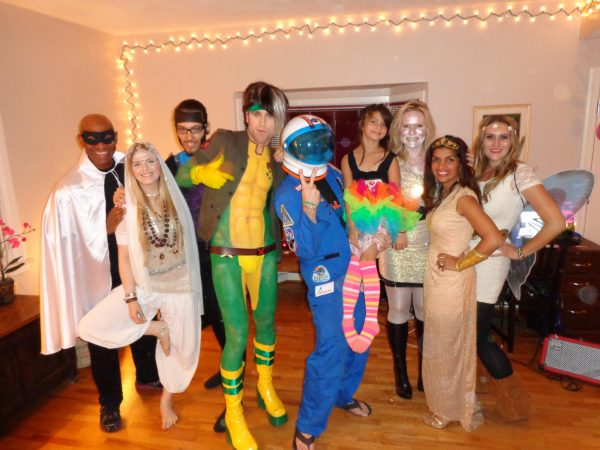
3. Forgive and let it go.
“The weak can never forgive. Forgiveness is the attribute of the strong.”
“An eye for eye only ends up making the whole world blind.”
~Gandhi said that!
Fighting evil with evil won’t help anyone. And as said in the previous tip, you always choose how to react to something.
When you can incorporate such a thought habit more and more into your life then you can react in a way that is more useful to you and others.
You realize that forgiving and letting go of the past will do you and the people in your world a great service.
And spending your time in some negative memory won’t help you after you have learned the lessons you can learn from that experience.
You’ll probably just cause yourself more suffering and paralyze yourself from taking action in this present moment.
If you don’t forgive then you let the past and another person to control how you feel. By forgiving you release yourself from those bonds. And then you can focus totally on, for instance, the next point.
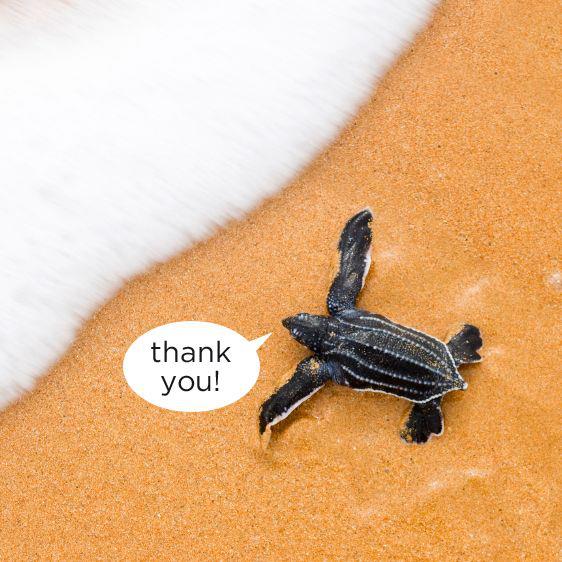
4. Without action you aren’t going anywhere.
“An ounce of practice is worth more than tons of preaching.”
Without taking action very little will be done. However, taking action can be hard and difficult. There can be much inner resistance.
And so you may resort to preaching, as Gandhi says. Or reading and studying endlessly. And feeling like you are moving forward.
But getting little or no practical results in real life.
So, to really get where you want to go and to really understand yourself and your world you need to practice. Books can mostly just bring you knowledge.
You have to take action and translate that knowledge into results and understanding.
Move on to the next point for more on the best tip for taking more action that I have found so far.
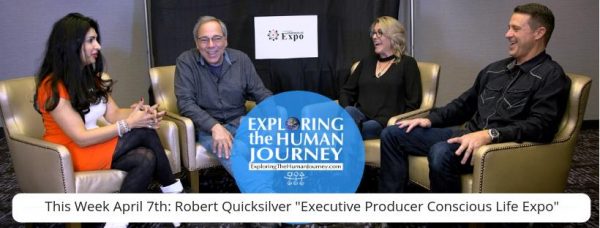
5. Take care of this moment.
“I do not want to foresee the future. I am concerned with taking care of the present. God has given me no control over the moment following.”
The best way that I have found to overcome the inner resistance that often stops us from taking action is to stay in the present as much as possible and to be accepting.
Why?
Well, when you are in the present moment you don’t worry about the next moment that you can’t control anyway. And the resistance to action that comes from you imagining negative future consequences – or reflecting on past failures – of your actions loses its power.
And so it becomes easier to both take action and to keep your focus on this moment and perform better.
Have a look at 8 Ways to Return to the Present Moment for tips on how quickly step into the now. And remember that reconnecting with and staying in the now is a mental habit – a sort of muscle – that you grow.
Over time it becomes more powerful and makes it easier to slip into the present moment.

6. Everyone is human.
“I claim to be a simple individual liable to err like any other fellow mortal. I own, however, that I have humility enough to confess my errors and to retrace my steps.”
“It is unwise to be too sure of one’s own wisdom. It is healthy to be reminded that the strongest might weaken and the wisest might err.”
When you start to make myths out of people – even though they may have produced extraordinary results – you run the risk of becoming disconnected from them.
You can start to feel self-doubt and like you could never achieve similar things that they did because they are so very different.
So it’s important to keep in mind that everyone is just a human being no matter who they are.
And I think it’s important to remember that we are all human and prone to make mistakes. Holding people to unreasonable standards will only create more unnecessary conflicts in your world and negativity within you.
It’s also important to remember this to avoid falling into the pretty useless habit of beating yourself up over mistakes that you have made.
And instead be able to see with clarity where you went wrong and what you can learn from your mistake. And then try again.
7. Persist.
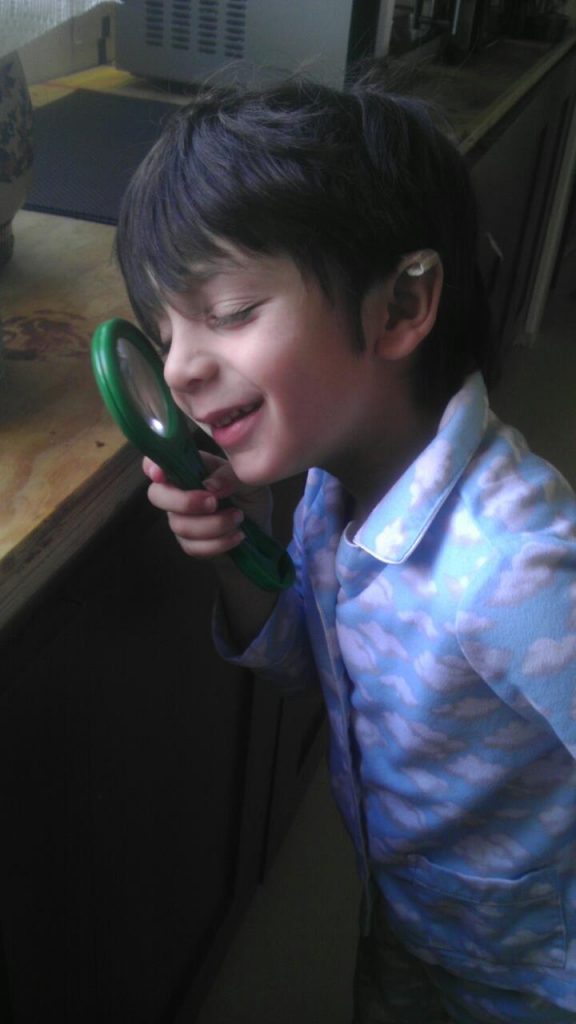
“First they ignore you, then they laugh at you, then they fight you, then you win.”
Be persistent. In time the opposition around you will fade and fall away.
And your inner resistance and self-sabotaging tendencies that want to hold you back and keep you like you have always been will grow weaker.
Find what you really like to do. Then it will be easier to stay positive and you’ll find the inner motivation to keep going, going and going.
You can also find a lot of useful tips on how keep your motivation up in 27 Simple Ways to Motivate Yourself.
One reason Gandhi was so successful with his method of non-violence was because he and his followers were so persistent. They just didn’t give up.
Success or victory will seldom come as quickly as you would have liked it to. I think one of the reasons people don’t get what they want is simply because they give up too soon.
The time they think an achievement will require isn’t the same amount of time it usually takes to achieve that goal.
This faulty belief partly comes from the world we live in. A world full of magic pill solutions where advertising continually promises us that we can lose a lot of weight or earn a ton of money in just 30 days.
Finally, one useful tip to keep your persistence going is to listen to Gandhi’s third quote in this article and keep a sense of humor. It can lighten things up at the toughest of times.
8. See the good in people and help them.

“I look only to the good qualities of men. Not being faultless myself, I won’t presume to probe into the faults of others.”
“Man becomes great exactly in the degree in which he works for the welfare of his fellow-men.”
“I suppose leadership at one time meant muscles; but today it means getting along with people.”
There is pretty much always something good in people. And things that may not be so good. But you can choose what things to focus on.
And if you want improvement then focusing on the good in people is a useful choice. It also makes life easier for you as your world and relationships become more pleasant and positive.
And when you see the good in people it becomes easier to motivate yourself to be of service to them. By being of service to other people, by giving them value you not only make their lives better.
Over time you tend to get what you give. And the people you help may feel more inclined to help other people. And so you, together, create an upward spiral of positive change that grows and becomes stronger.
Nowadays it’s easier than ever to help people out and to start such a spiral. You can do via social media, a podcast, a channel on Youtube or you can start a blog like I did.
Another tip is to strengthen your social skills. By doing you can become a more influential person and make the upward spiral I mentioned even stronger.
Move on to the next tip for more on that.

9. Be congruent, be authentic, be your true self.
“Happiness is when what you think, what you say, and what you do are in harmony.”
“Always aim at complete harmony of thought and word and deed. Always aim at purifying your thoughts and everything will be well.”
I think that one of the best tips for improving your social skills is to behave in a congruent manner and communicate in an authentic way.
People seem to really like authentic communication. And there is much inner enjoyment to be found when your thoughts, words and actions are aligned. You feel powerful and good about yourself.
When words and thoughts are aligned then that shows through in your communication. Because now you have your voice tonality and body language – some say they are over 90 percent of communication – in alignment with your words.
With these channels in alignment people tend to really listen to what you’re saying. You are communicating without incongruency, mixed messages or perhaps a sort of phoniness.
Also, if your actions aren’t in alignment with what you’re communicating then you start to hurt your own belief in what you can do. And other people’s belief in you too.
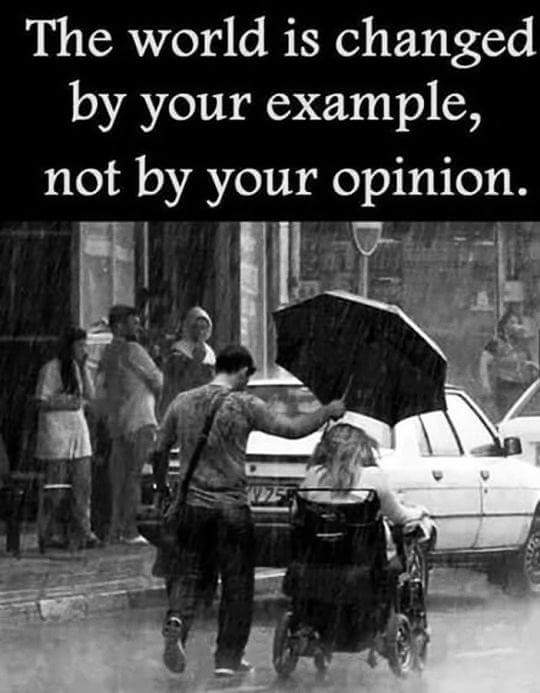
10. Continue to grow and evolve.
“Constant development is the law of life, and a man who always tries to maintain his dogmas in order to appear consistent drives himself into a false position.”
You can pretty much always improve your skills, habits or re-evaluate your evaluations. You can gain deeper understanding of yourself and the world.
Sure, you may look inconsistent or like you don’t know what you are doing from time to time. You may have trouble to act congruently or to communicate authentically
But if you don’t then you will, as Gandhi says, drive yourself into a false position.
A place where you try to uphold or cling to your old views to appear consistent while you realize within that something is wrong. It’s not a fun place to be.
To choose to grow and evolve is a happier and more useful path to take.
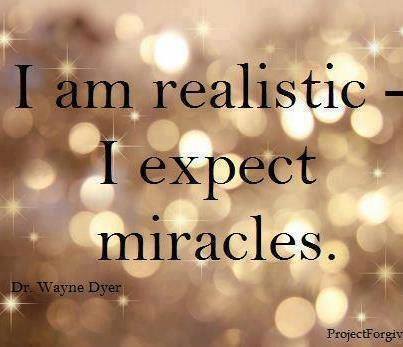
Glossary of Spiritual Wisdom
When you precisely understand the nature of the absolute, the paradoxical co-emergence of emptiness and presence, you understand how emptiness appears in manifestation.
Emptiness is simply the insubstantiality, the nonbeing, of manifest forms.
This nonbeing is what makes the absolute so light, so empty, so spacious, and open.
You begin to see that this absence appears at more superficial ontological dimensions as the experience of inner space, with its various degrees of subtlety.
Since it is nothing at all, it appears as the total openness for anything to arise and as the allowing necessary for anything to be.
Such openness and allowingness are the properties of empty space, which we experience inwardly as inner spaciousness and openness, and outwardly as the space where all manifestation occurs.
In other words, space is the reflection of nonbeing in manifestation. Because we do not understand the paradoxical nature of true nature, as a co-emergence of being and nonbeing, you conceptualize nonbeing as space and being as manifesting forms.
Just as our ignorance of the timeless flow and unfoldment of the logos leads to our conceptualizing time to account for the changes brought about by this unfoldment, our ignorance of the spaceless non beingness of true nature leads to our conceptualizing space to account for the accommodating openness made possible by the emptiness of the absolute.
